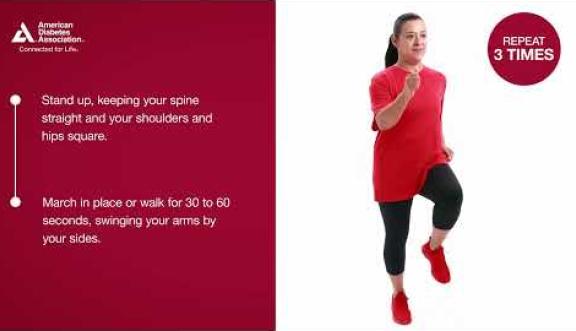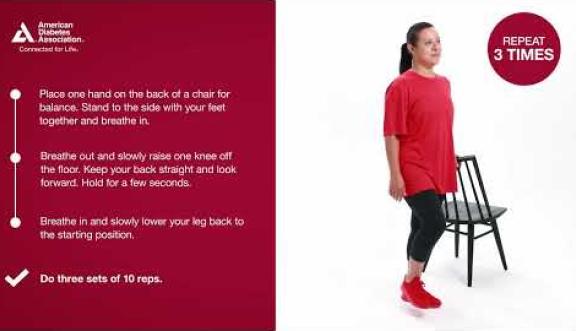What Is Obesity?
The American Diabetes Association’s (ADA’s) Standards of Care in Diabetes defines obesity as a disease, which means obesity results from a mixture of behavioral, environmental, and genetic factors—not just from lifestyle. That means there's more to managing it than lifestyle changes like healthy eating and exercise.
However, there is no single approach that works for everyone and there are many options that can be tailored to your needs. Making changes when living with obesity can be hard, but you have support.




























 is proud to support the work of the American Diabetes Association® to address obesity.
is proud to support the work of the American Diabetes Association® to address obesity.